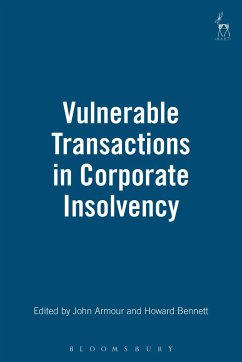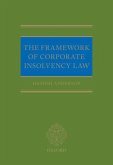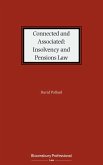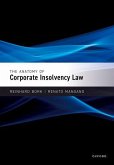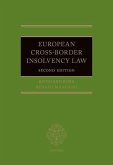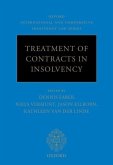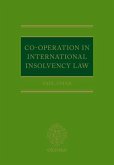This book examines powers and remedies available to a liquidator or administrator that render 'vulnerable' the company's prior contractual commitments or proprietary dispositions so as to enhance the asset pool available to creditors. In the process,the book does two things. First, it offers comprehensive accounts of the relevant causes of action: undervalue transactions, preferences, late floating charges, unregistered charges, transactions defrauding creditors, gratuitous corporate transactions and post-petition dispositions in liquidation. Secondly, it seeks to raise issues about the context and purpose of these causes of action, many of which have not yet been fully explored in the case law or academic literature. These are considered through a discussion of their relationship to the pari passu principle; a restitutionary analysis of the remedial provisions; and issues arising specifically in cross-border and international insolvency proceedings. The book is thus a source of reference both for insolvency litigators and for transactional lawyers seeking advice on potential vulnerability. The thematic approach and rigorous analysis will also make it of interest to an academic readership.
Hinweis: Dieser Artikel kann nur an eine deutsche Lieferadresse ausgeliefert werden.
Hinweis: Dieser Artikel kann nur an eine deutsche Lieferadresse ausgeliefert werden.

